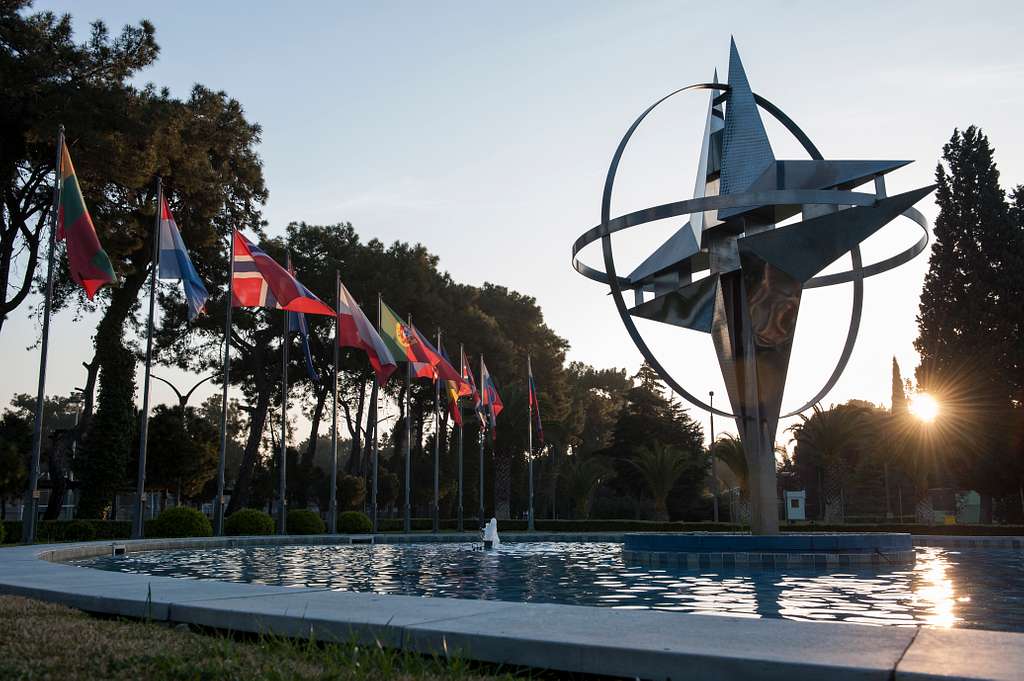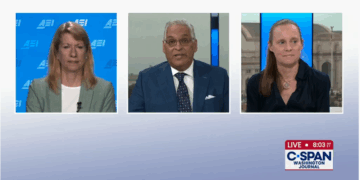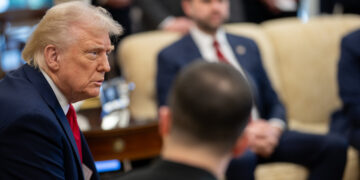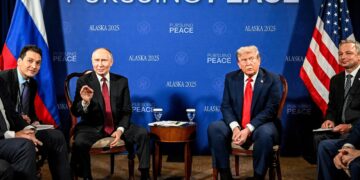July 2, 2025
Why America’s East Asian allies skipped the NATO summit

Donald Trump recently netted a victory at the NATO summit in The Hague, pressuring the alliance into hiking its recommended defense spending minimum from 2 percent of GDP to 5 percent.
Yet a noticeable dissent was registered from America’s closest allies in the Asia-Pacific. The leaders of Australia, Japan, and South Korea all abruptly canceled on the summit. While none are members of NATO, they’d been regularly attending previous summits since Russia’s invasion of Ukraine in early 2022.
Many strategists are now fretting over an alleged fraying of America’s alliances in the Pacific. But this seeming strategic readjustment ongoing in all these allied capitals is being done for rational reasons and may signal welcome recalibration in East Asia and even a victory for those who favor restraint in the region.
It’s easy to see why some are concerned. The Biden administration claimed that one of its major foreign policy achievements had been to unify the “free world” against authoritarian aggression. This extremely ideological framing clearly identified China as a prospective adversary—a framing that many East Asian states found excessively polarizing and inflexible.
More on Europe

Featuring Jennifer Kavanagh
August 19, 2025

By Benjamin Friedman and Jennifer Kavanagh
August 18, 2025

Featuring Jennifer Kavanagh
August 16, 2025
Events on NATO






